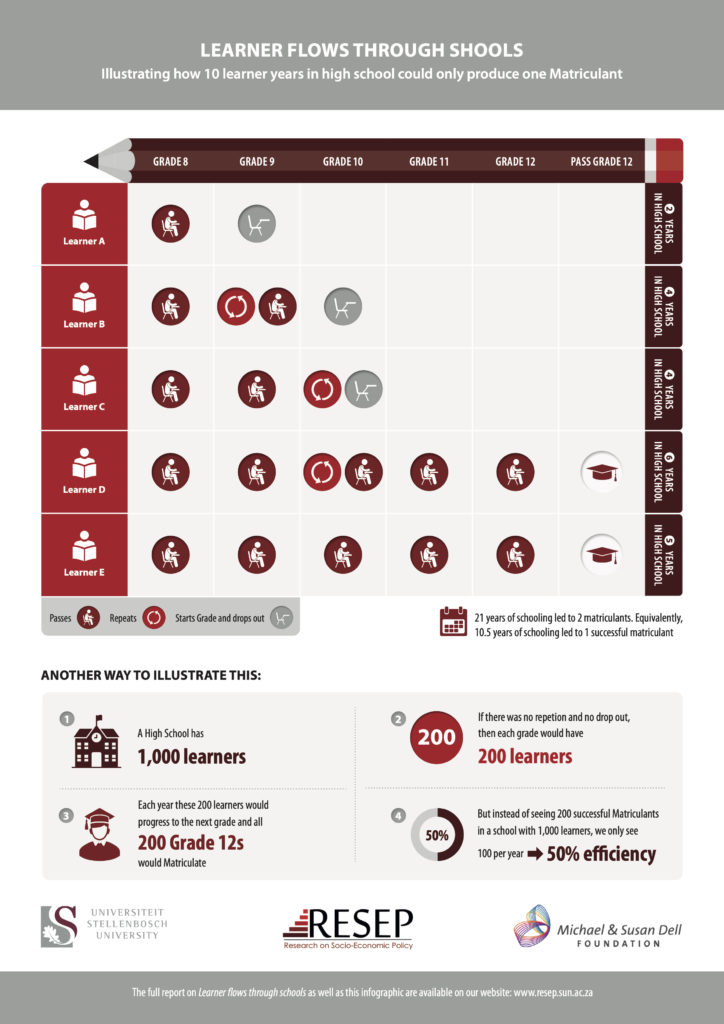
The report analyses school flows, repetition, and dropout using a novel analysis of school-based assessments, and how well these predict future performance and learner flows. An important finding is that the high repetition and dropout rates in high schools imply an internal efficiency rate of only 49% (measured in terms of the years of enrolment in high school for every matric pass).

Teacher supply and demand is a complex matter. The ultimate aim is to have a teacher in front of every class, now and for the foreseeable future. This also implies an ideal class size. The quality of teachers is obviously important too – and a topic for another occasion.

As Visiting Fellow with the Institute of Social and Economic Research (ISER) at Rhodes University, Martin Gustafsson recently produced a policy and literature review titled ‘Carbon taxes and the attainment of emissions reductions targets in South Africa: A critical stocktaking of recent analyses and policies’.

Repetition is a serious problem in South Africa, and the Western Cape is no exception. In any given year between 2007 and 2019, repetition has ranged between 72,000 and 100,000, with notable enrolment bulges in grades 1, 4, 9 and 10. An important consequence of repetition—when not cancelled by dropout—is an increase in the proportion of children who are older than what would be considered appropriate for a particular grade. For example, at least a third of grade 12 learners in 2019 were overage.

When meeting Dumisani Hompashe and listening to his story, the word “resilience” automatically comes to mind. Because resilience is the silver thread running through his entire life, from his childhood to his part-time PhD studies in Economics at Stellenbosch University (SU).
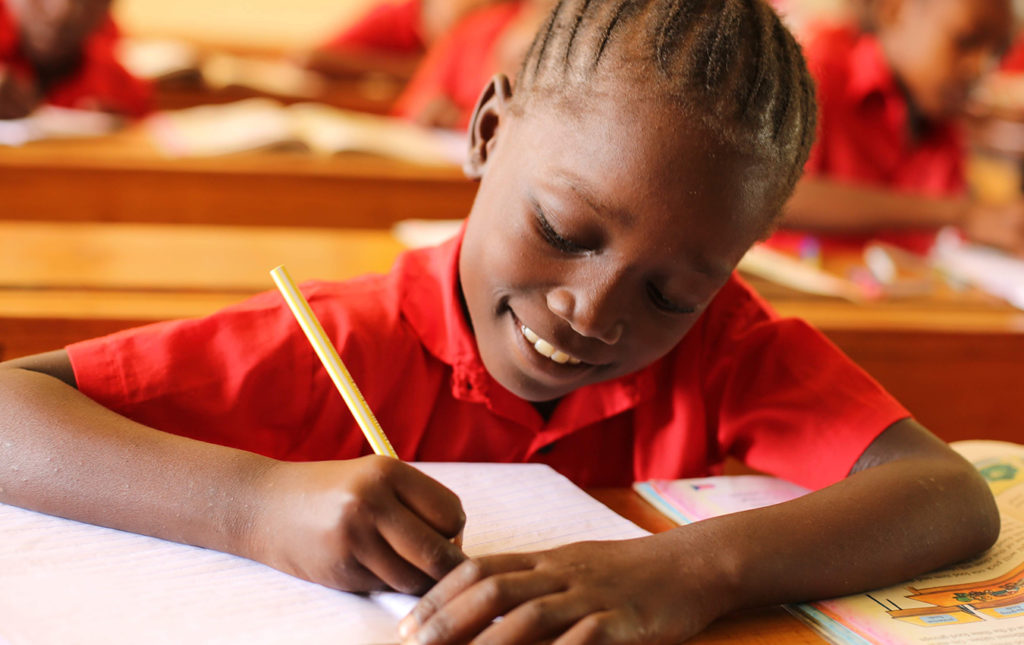
School quality is important in determining children’s success at school. But individual characteristics of the child also play a role. In particular, researchers and teachers are starting to pay more attention to the part that social and emotional skills play in academic success. These are also known as character skills or soft skills.
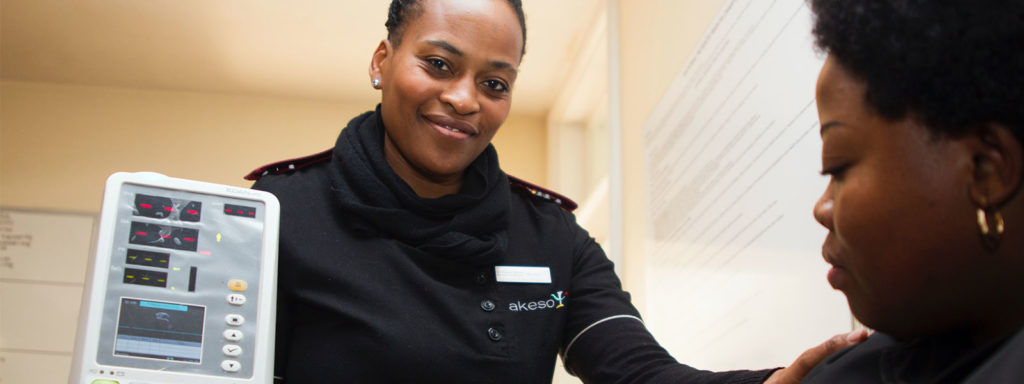
Improving education outcomes and producing a skills revolution, as well as ensuring a healthy nation, are two of the key priorities of the sixth administration, as highlighted by President Cyril Ramaphosa in his 2019 state of the nation address (Sona). The complementarities between education and health are well documented: children who are healthy, stimulated and well-nourished from birth are better equipped to develop cognitively and learn than children who receive poor nutrition, are not stimulated often or suffer from poor health.
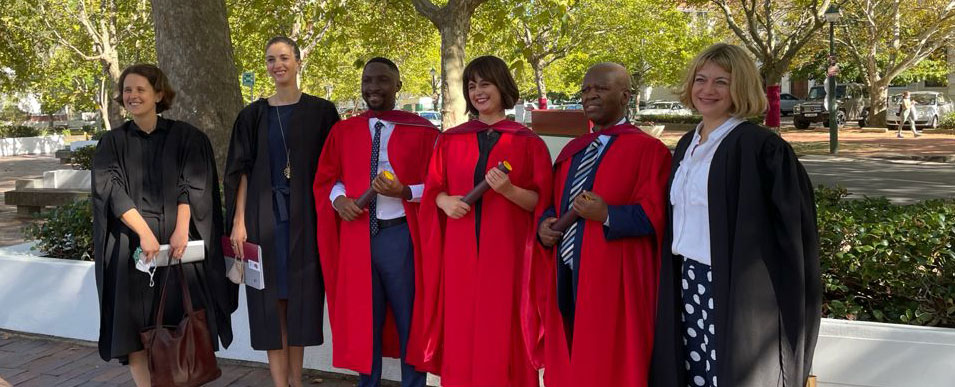
Three RESEP doctoral candidates were capped at a recent Stellenbosch University (SU) Faculty of Economic and Management Sciences graduation ceremony for PhDs. Congratulations to Joel Gondwe, Dumisani Hompashe and Heleen Hofmeyr. Also in attendance were some of the candidates’ supervisors, Gabrielle Wills and Anja Smith. Ronelle Burger additionally supervised a successful candidate not involved with RESEP.

A new Youth Capital report, Matrics ‘on the Fringe’: a Review of the Second Chance Programme, has recently been released. The report draws from the findings of a technical report compiled by RESEP researcher Martin Gustafsson who, assisted by PhD candidate Lunga Swelindawo, analysed government reports and surveyed online material to produce a qualitative study of second-chance Matric opportunities

RESEP’s Servaas van der Berg and Ronelle Burger recently contributed to a Bureau for Economic Development (BER) report tracking the progress of the National Development Plan (NDP). The document measures the extent to which South Africa’s development objectives, as detailed in the NDP, have been achieved.
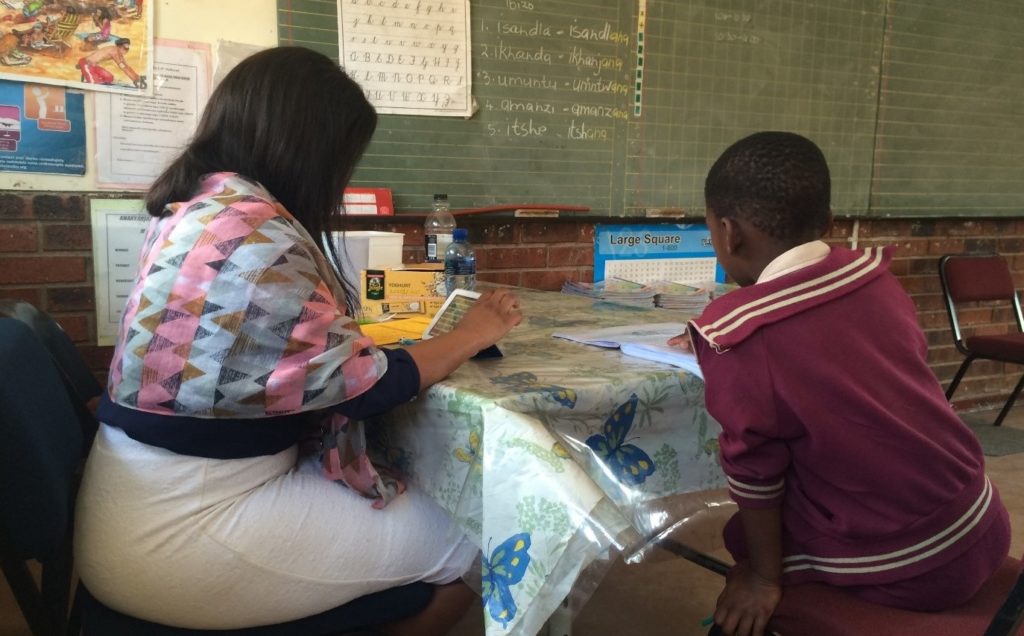
To prevent children from falling behind in the developmental sequence of reading, a shared vision of what reading success looks like at each step is required. A multi-disciplinary team from SALDRU at UCT, RESEP at Stellenbosch University and NORC at the University of Chicago have collaborated to inform this shared vision through the establishment of benchmarks for foundational reading skills in three Nguni languages. The summary and technical benchmarking reports were recently launched by the Department of Education as part of their workshop on Reading Benchmarks for African Languages.
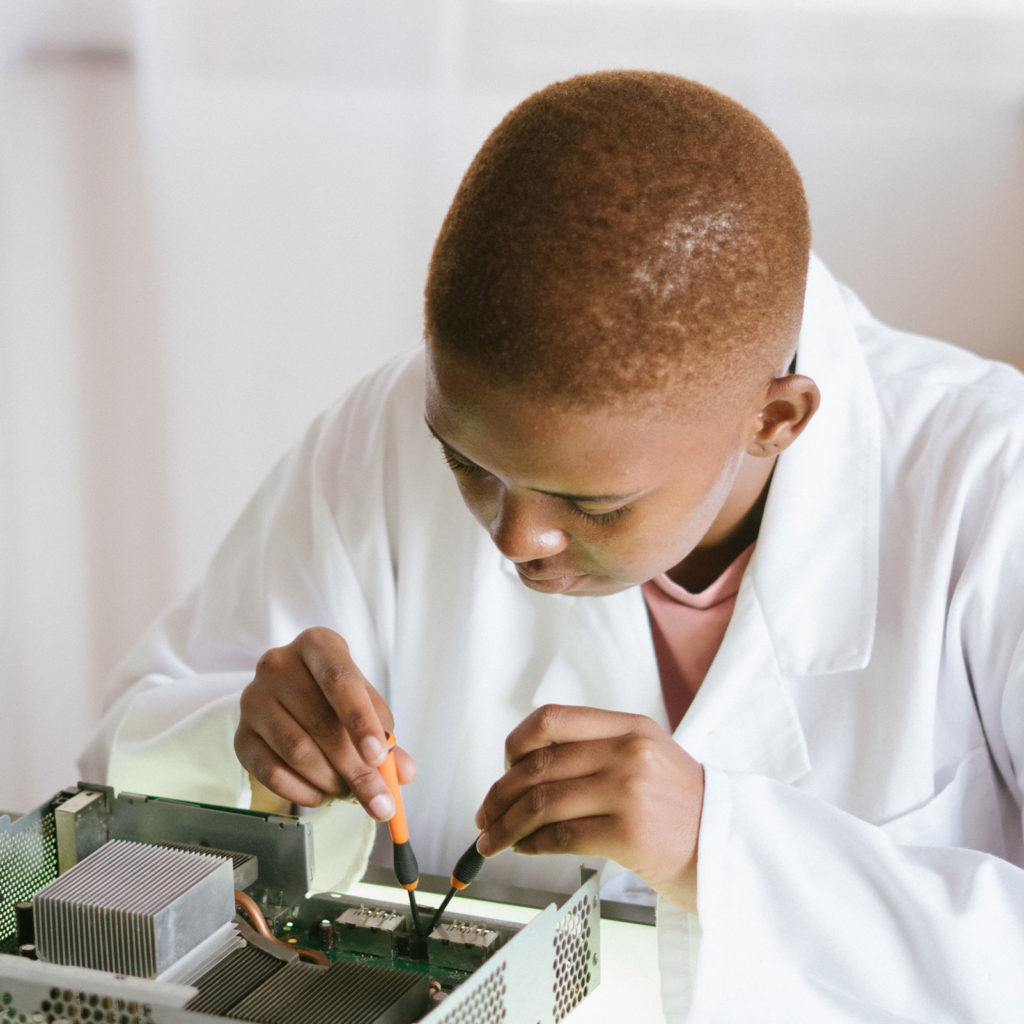
For better or worse, all of our careers are shifted, shaped and sometimes shortened by influential figures in our lives. When it comes to women in Science, Technology, Engineering and Mathematics (STEM) fields, access to support structures are even more important for growth and development. Unfortunately, many females still have to overcome barriers of prejudice and inequality.

With the announced hard-lockdown in March 2020, and as with most other non-essential activities, all fieldwork at Statistics South Africa (StatsSA) was shutdown. However, researchers at RESEP were quick to realise that rapidly updated, accurate information on key outcomes such as unemployment, household income, child hunger and access to government grants would be of vital importance for sound decision making during a global pandemic.

Quantitative analysis of education in South Africa and southern Africa. Analysis of education data sets, particularly international educational evaluations (SACMEQ, TIMSS, PIRLS, PISA-D). The focus will be on social gradients and resilience, closely linked to current research undertaken by Resep.


